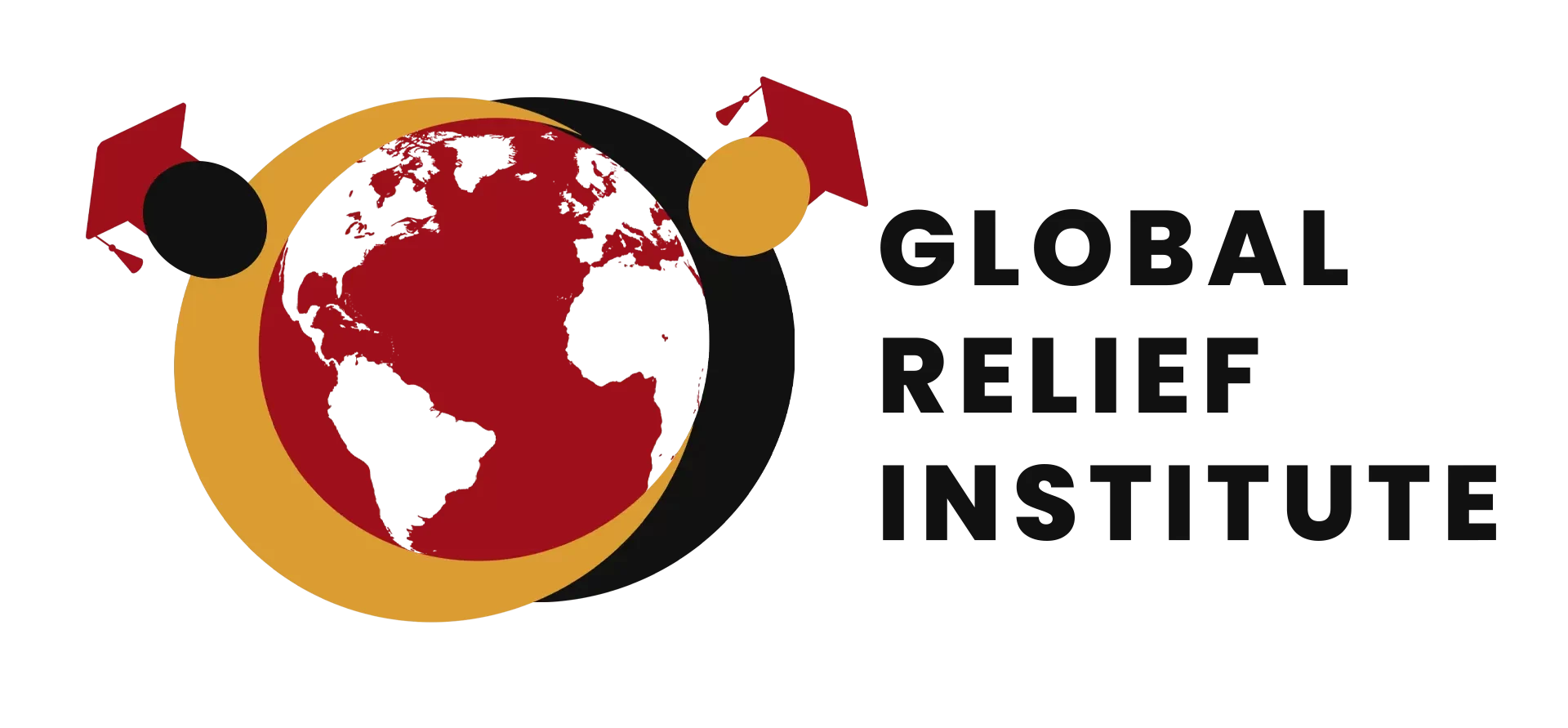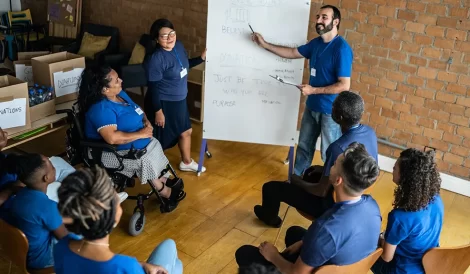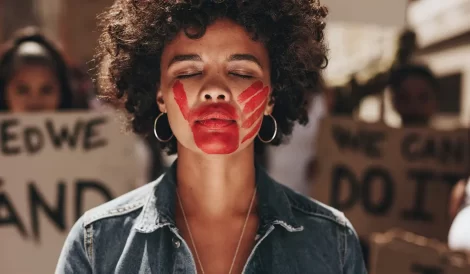Course Overview
The central objective of the course is to equip learners conceptual and empirical knowledge as well as research skills necessary to understand and analyze contemporary issues pertaining to Netherlands development in broad geographical contexts- local, and regional levels.
This is an interdisciplinary training course that places particular focus on socio-economic development issues of concern to the developing African countries such as poverty, conflicts, governance, human rights, climate change and global inequality.
Course Objectives
By the end of this course, students should be able to:
- Examine development processes, interventions, theories, policies and government structures in the global arena.
- Better understand a number of salient issues in the developing world
- Apply concepts learned in class to the analysis of important issues in development studies.
Course Content
- What does “development” mean and does it mean different things to different peoples and cultures?
- How has the historical experience of development influenced theories of development?
- What is the role of the state in development? Has this changed over time and why?
- What role do Netherlands development organizations play in development?
- Why are non-governmental organizations (NGOs) increasingly important development actors? What are the limits on the NGO role in development?
- How and why does being a woman change your life-chances and roles in the
developing world? - How and why does being an indigenous person change your life-chances and roles
in the developing world? - Is foreign aid effective?
- What is sustainable development and how can it be achieved?
Assignments
In order to demonstrate their understanding of the course content, students will be required to complete and submit three assignments.
DURATION: 6 Months
REGIONS TARGETED: Global
COURSE FEE: €1000
ORGANIZERS: GRI
LANGUAGE: English and French
FORMAT: Online Learning
GENERAL COURSE CONTACT:



